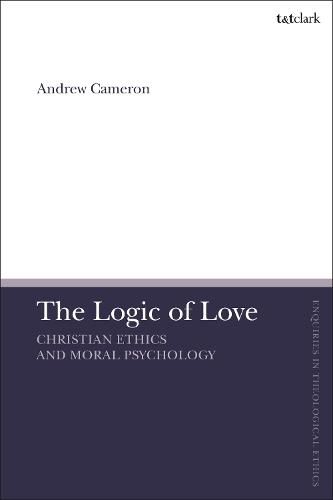Readings Newsletter
Become a Readings Member to make your shopping experience even easier.
Sign in or sign up for free!
You’re not far away from qualifying for FREE standard shipping within Australia
You’ve qualified for FREE standard shipping within Australia
The cart is loading…






Overviewing what makes the intersection between emotion and ethics so confusing, this book surveys an older wisdom in how to manage it, using a range of Christian theologians and sources. More important even than ‘managing’, we begin to see a vision for a better set of affections to grow within and among us. In this vision emerges a practical and nuanced account of what the Christian tradition sometime summarises as ‘love’.
How may we recover a deep affection for what matters, both within ourselves and together in groups? This book also dialogues with a new movement in moral psychology, ‘social intuitionism’. Cameron argues that researchers in this discipline have interests and conclusions that sometimes overlap with Christian sources, even where their respective lenses differ. In this way, the book overviews recent trends in moral psychology against a recent historical and contemporary cultural backdrop, whilst assaying major sources in Christian theology that offer guidance on moral psychology.
$9.00 standard shipping within Australia
FREE standard shipping within Australia for orders over $100.00
Express & International shipping calculated at checkout
Overviewing what makes the intersection between emotion and ethics so confusing, this book surveys an older wisdom in how to manage it, using a range of Christian theologians and sources. More important even than ‘managing’, we begin to see a vision for a better set of affections to grow within and among us. In this vision emerges a practical and nuanced account of what the Christian tradition sometime summarises as ‘love’.
How may we recover a deep affection for what matters, both within ourselves and together in groups? This book also dialogues with a new movement in moral psychology, ‘social intuitionism’. Cameron argues that researchers in this discipline have interests and conclusions that sometimes overlap with Christian sources, even where their respective lenses differ. In this way, the book overviews recent trends in moral psychology against a recent historical and contemporary cultural backdrop, whilst assaying major sources in Christian theology that offer guidance on moral psychology.